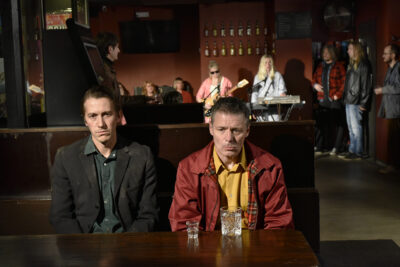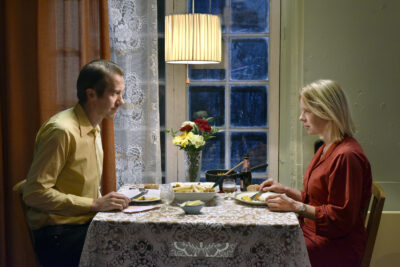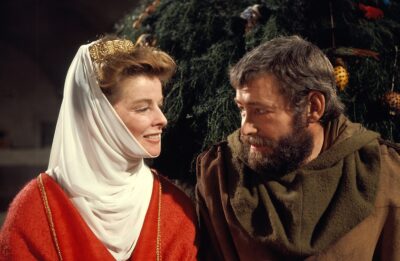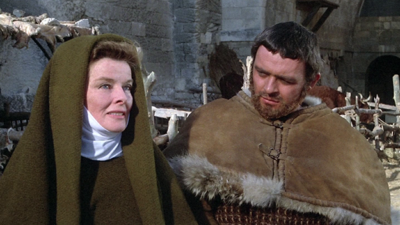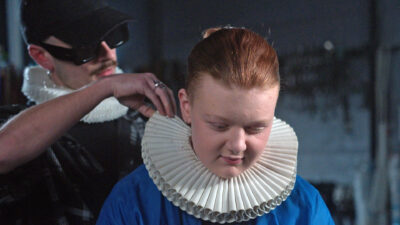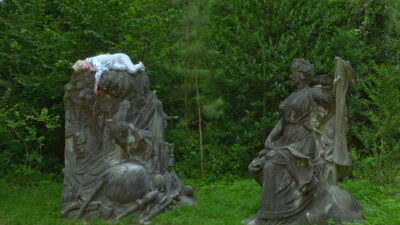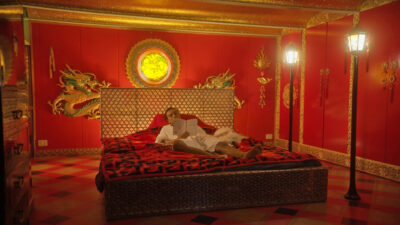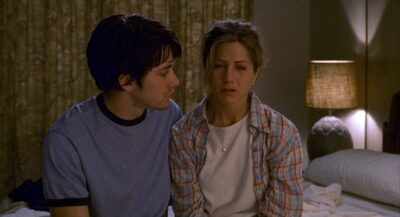La Syndicaliste is the stunning true story of Maureen Kearney (Isabelle Huppert), the head union representative of a French multinational nuclear powerhouse. She became a whistleblower, denouncing top-secret deals that shook the French nuclear sector. Alone against the world, she fought government ministers and industry leaders tooth and nail to bring the scandal to light and to defend more than 50,000 jobs. Her life was turned upside down when she was violently assaulted in her own home and the investigation is carried out under pressure: the subject is sensitive. Suddenly, new elements create doubt in the minds of the investigators. At first a victim, Maureen becomes a suspect. We open La Syndicaliste this Friday, December 8 at the Royal.
“A politically tinged back room drama of shifting power hierarchies…[Huppert] taps into a level of vulnerability rarely seen throughout her vast filmography.” – Nicholas Bell, IONCINEMA
“Derives its power from the knowledge that this shocking story actually happened.” – Lee Marshall, Screen Daily
“Maureen Kearney’s story is unbelievable. Played with an electric stillness by the great Isabelle Huppert…this is the story of one individual. A heroine, in fact.” – Stephanie Bunbury, Deadline
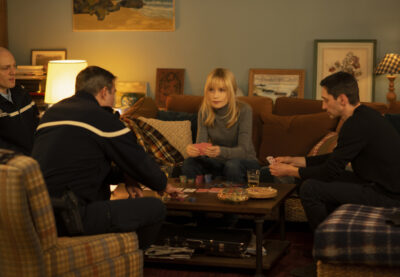
“Sometimes the best reason to watch a movie is because Isabelle Huppert is in it.” ~ Manohla Dargis, New York Times
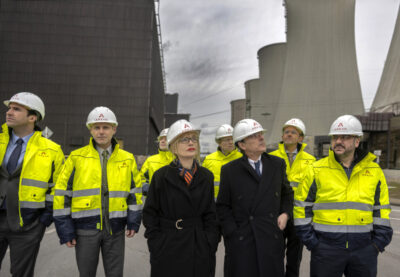
“Salomé’s film pivots from itchy whistleblower thriller to irate courtroom drama, with institutional misogyny as its binding thread.” ~ Guy Lodge, Variety
“At no point is a link made between this narrative and The Scarlet Letter, but both the book and the film induce shivers by exposing the gross misogyny of so-called respectable establishment figures.” ~ Charlotte O’Sullivan, London Evening Standard
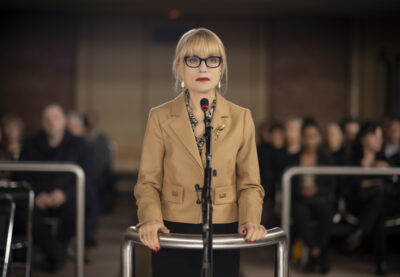
“This is a truly shocking story that is told with precision and sensitivity.” ~ Linda Marric, The Jewish Chronicle


